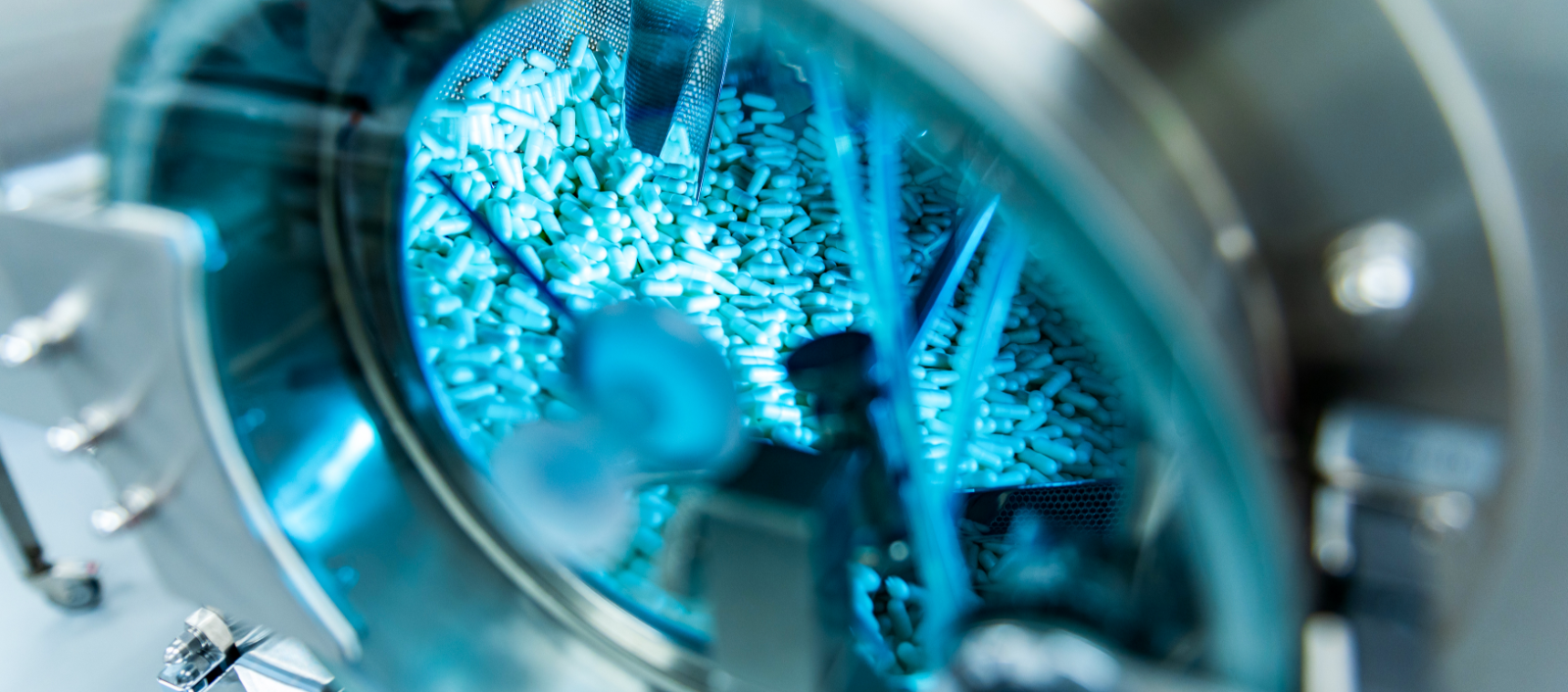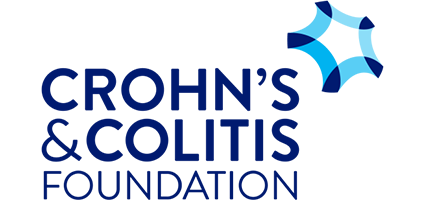
Our Programs
Seres’ live biotherapeutics represent an entirely new class of potential medicines with promise across a wide range of diseases.
Product overview
SER-155 is an investigational, oral, live biotherapeutic designed to decolonize gastrointestinal (GI) pathogens, improve epithelial barrier integrity, and induce immune tolerance to prevent bacterial bloodstream and antimicrobial resistant (AMR) infections as well as other pathogen-associated negative clinical outcomes in allo-HSCT patients.
Mechanism of action
SER-155 is a multifunctional consortium of commensal bacteria designed based on human clinical insights. SER-155 is designed to augment the following microbiome functions, which are associated with better survival and lower rates of infection and GvHD in patients undergoing stem cell transplantation.
Unmet need in allo-HSCT
Clinical evidence from our collaborators at Memorial Sloan Kettering Cancer Center have shown that allo-HSCT patients with decreased diversity of commensal microbes and pathogen domination in the gastrointestinal tract were significantly more likely to die due to infection and/or lethal GvHD.
Status of clinical development
SER-155 has been evaluated in a Phase 1b placebo-controlled study (ClincalTrials.gov: NCT04995653) in patients undergoing allo-HSCT, which demonstrated significant reduction in both bacterial bloodstream infections and systemic antibiotic exposure, as well as lower incidence of febrile neutropenia (as compared to placebo) through day 100 post allo-HSCT. Seres is seeking Qualified Infectious Disease Product (QIDP) designation from the FDA.
Collaborators
Seres has established collaborations with field-leading research institutions and partnered with non-profit organizations to support the development of our novel live biotherapeutics.
-

Strategic research collaboration aimed at defining microbiome signatures of disease in high-risk patient populations and enabling streamlined access to patients and emerging/novel approaches to studying the microbiome to advance development of live biotherapeutics
-

Partnered on IBD/SER-301 program. CCF is a non-profit, volunteer-fueled organization dedicated to finding cures for Crohn’s disease and ulcerative colitis and improving the quality of life of children and adults affected by these diseases.
-

Partnered on SER-155 program. CARB-X is a global non-profit partnership accelerating antibacterial products to address drug-resistant bacteria, a leading cause of death around the world.
Scientific literature
Passweg, et al. Hematopoietic cell transplantation and cellular therapies in Europe 2021. The second year of the SARS-CoV-2 pandemic. A Report from the EBMT Activity Survey. Bone Marrow Transplant. 2023; 58(6):647-658. doi: 10.1038/s41409-023-01943-3.
Zheng, et al. Fatal Infections Among Cancer Patients: A Population-Based Study in the United States. Infect Dis Ther. 2021;10(2):871-895. doi: 10.1007/s40121-021-00433-7.
Khan, et al. Fecal microbiota diversity disruption and clinical outcomes after auto-HCT: a multicenter observational study. Blood. 2021; 137(11):1527-1537. doi: 10.1182/blood.2020006923.
Nanayakkara, et al. Antibiotic resistance in the patient with cancer: Escalating challenges and paths forward. CA Cancer J Clin. 2021; 71(6):488-504. doi: 10.3322/caac.21697
Kusakabe, et al. Enterococcus: A Predictor of Ravaged Microbiota and Poor Prognosis after Allogeneic Hematopoietic Stem Cell Transplantation. Biol Blood Marrow Transplant. 2020; 26(5):1028-1033. doi: 10.1016/j.bbmt.2020.01.019.
Penack, et al. How much has allogeneic stem cell transplant-related mortality improved since the 1980s? A retrospective analysis from the EBMT. Blood Adv. 2020; 4(24):6283-6290. doi:10.1182/bloodadvances.2020003418
Peled, et al. Microbiota as predictor of mortality in allogeneic hematopoietic-cell transplantation. N Engl J Med. 2020; 382:822-34. doi:1056/NEJMoa1900623
Stein-Thoeringer, et al. Lactose drives enterococcus expansion to promote graft-versus-host disease. Science. 2019; 366;1143-1149. doi:10.1126/science.aax3760
Broder, et al. The Cost of Hematopoietic Stem-Cell Transplantation in the United States. Am Health Drug Benefits. 2017;10(7):366-374.
Perales, et al. Real-World Economic Burden Associated with Transplantation-Related Complications. Biol Blood Marrow Transplant. 2017; 23(10):1788-1794. doi: 10.1016/j.bbmt.2017.06.017.
Taur, et al. The effects of intestinal tract bacterial diversity on mortality following allogeneic hematopoietic stem cell transplantation. Blood. 2014;124(7):1174-1182. doi:10.1182/blood-2014-02-554725
Gooley, et al. Reduced mortality after allogeneic hematopoietic cell transplantation. N Engl J Med. 2010;363(22):2091-2101. doi:1056/NEJMoa1004383
Gratwohl, et al. Hematopoietic stem cell transplantation: a global perspective. JAMA. 2010;303(16):1617-24. doi:1001/jama.2010.491
Bleakley and Riddell. Molecules and mechanisms of the graft-versus-leukaemia effect. Nat Rev Cancer. 2004; 4(5):371-80. doi: 10.1038/nrc1365.
GBD 2017 Cirrhosis Collaborators. The global, regional, and national burden of cirrhosis by cause in 195 countries and territories, 1990–2017: a systematic analysis for the Global Burden of Disease Study 2017. Lancet Gastroenterol Hepatol. 2020; 5(3):245-266. doi: 10.1016/S2468-1253(19)30349-8.
Trebicka, et al. Rebleeding and mortality risk are increased by ACLF but reduced by pre-emptive TIPS. J Hepatol. 2020; 73(5):1082-1091. doi: 10.1016/j.jhep.2020.04.024.
Wilcox, et al. The efficacy and safety of fecal microbiota transplant for recurrent Clostridioides difficile infection: current understanding and gap analysis. Open Forum Infect. 2020;7(5):ofaa114. doi:10.1093/ofid/ofaa114



